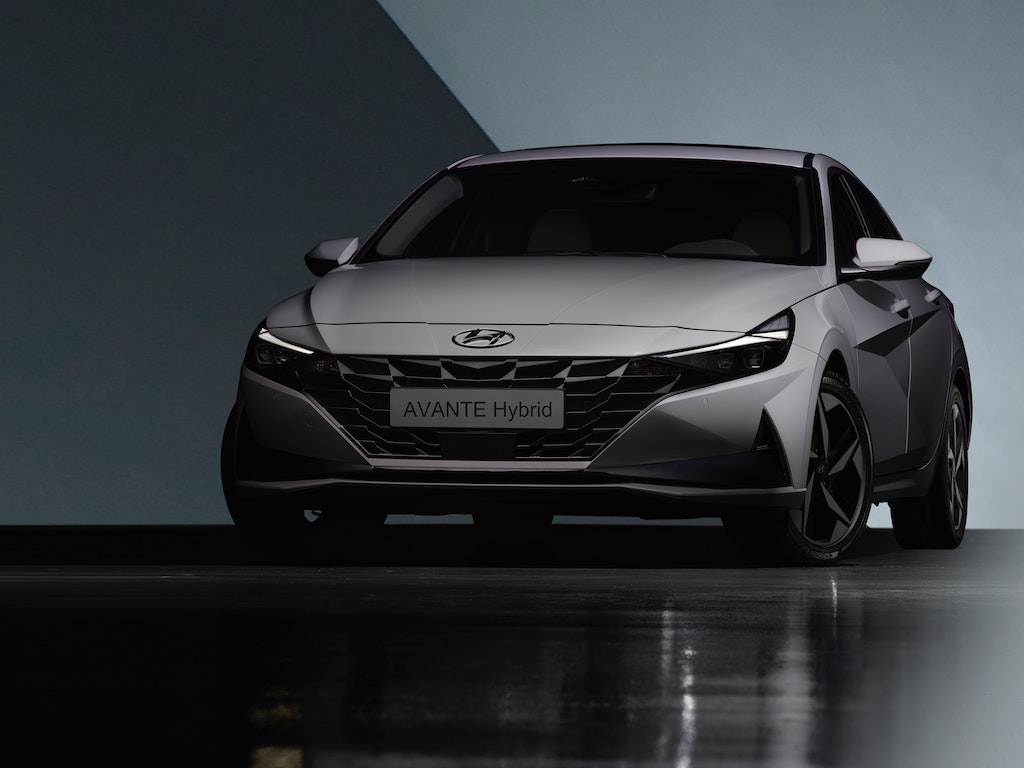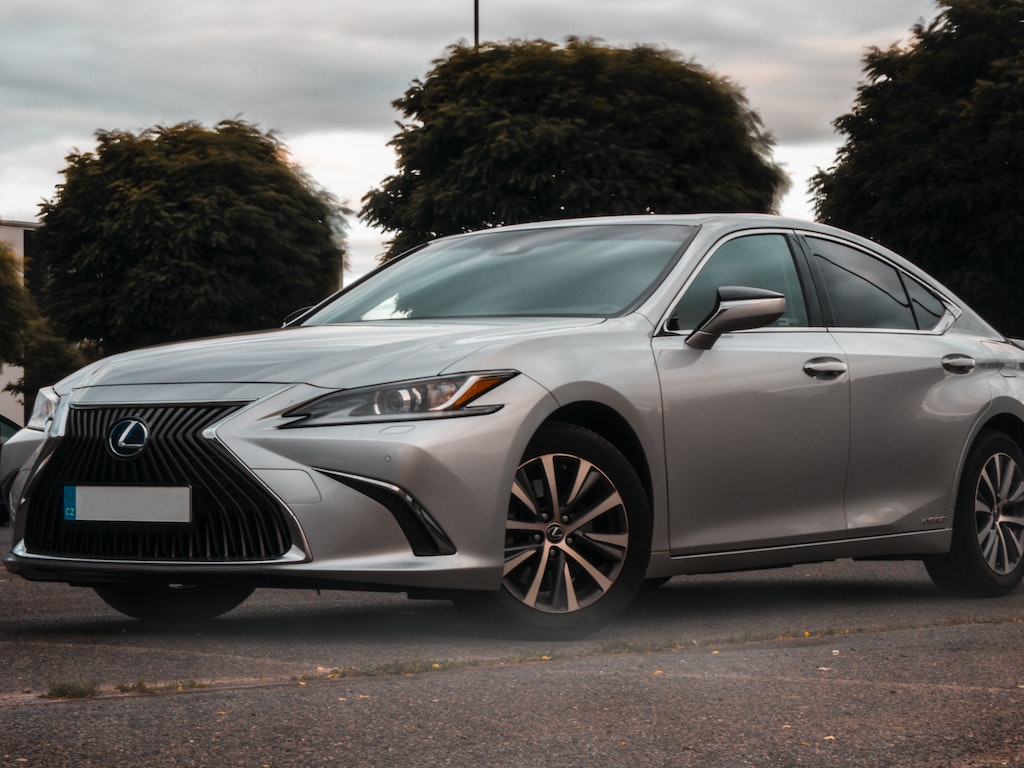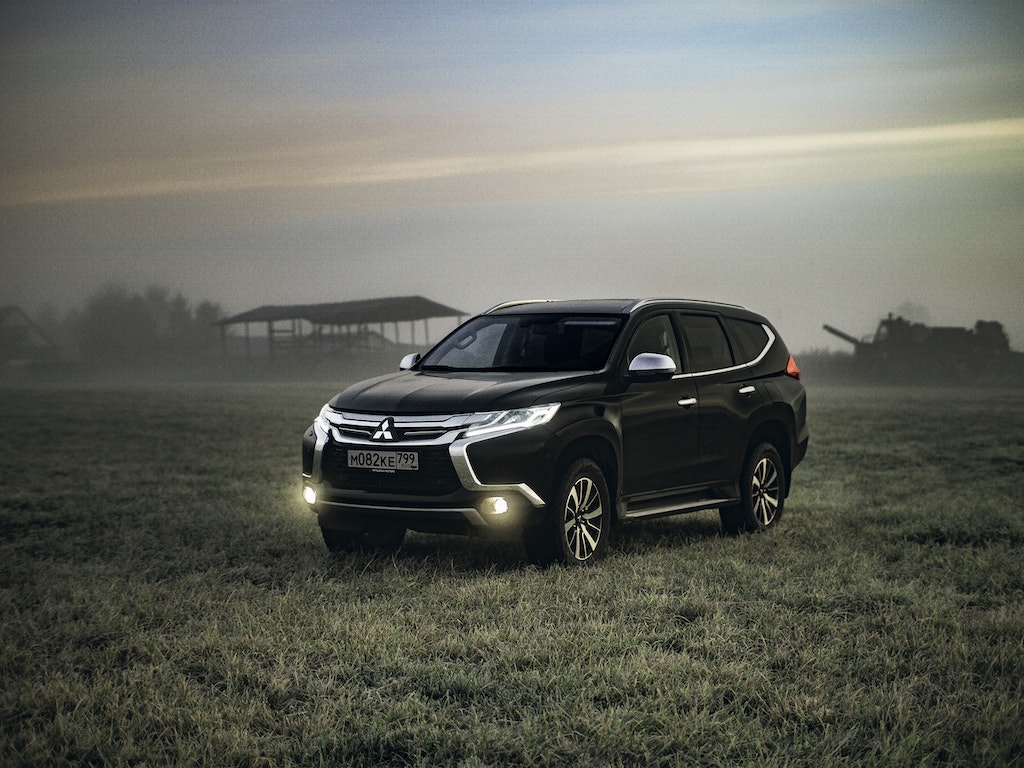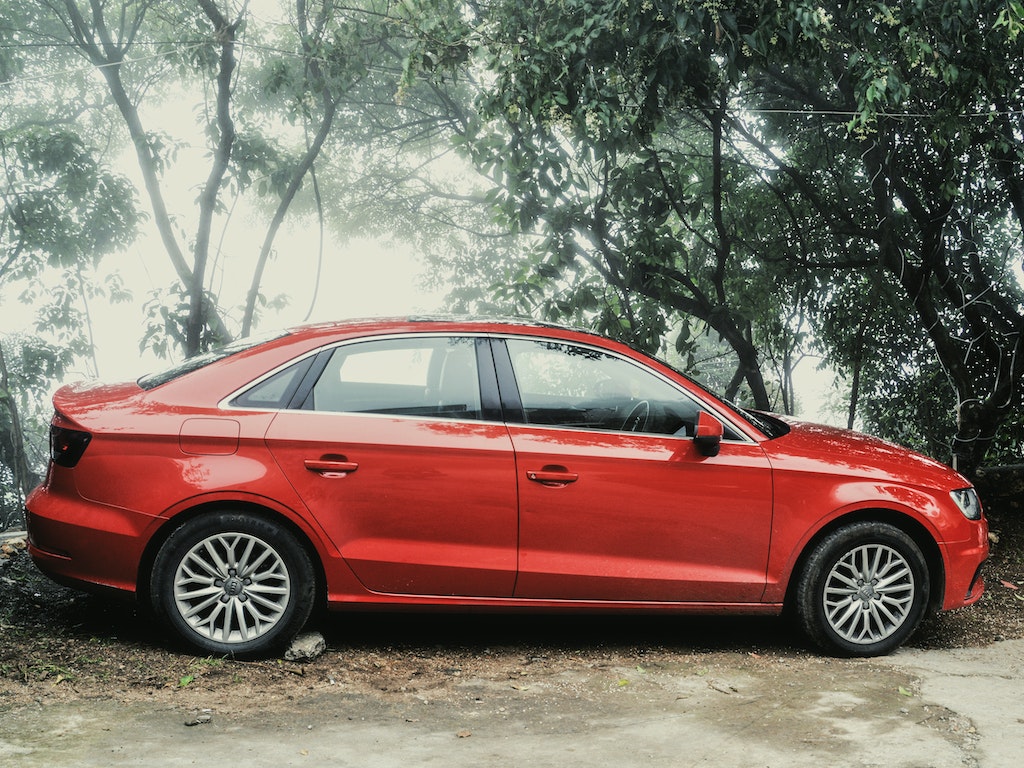
As the world becomes more conscious about the environmental impact of traditional fuel-powered vehicles, hybrid cars have gained increasing popularity. These vehicles offer a combination of a conventional gasoline engine and an electric motor, providing improved fuel efficiency and reduced emissions. If you’re considering buying a hybrid car, there are a few key points to understand. Below will explore the benefits of hybrid cars, their different types, and important factors to consider when purchasing one.
Benefits of Hybrid Cars
– Fuel Efficiency: Hybrid cars boast excellent fuel economy. The electric motor helps the gasoline engine in lowering greenhouse gas emissions and reducing fuel consumption.
– Environmentally Friendly: Hybrid cars emit fewer pollutants into the atmosphere. This helps combat climate change and air pollution.
– Lower Running Costs: With improved fuel efficiency, hybrid cars can save money in the long run by reducing your fuel expenses.
– Regenerative Braking: Hybrid cars use regenerative braking technology, which captures and stores energy generated during braking, improving overall efficiency.
Different Types of Hybrid Cars
– Parallel Hybrid: This is the most common type of hybrid car, where both the engine and electric motor can power the vehicle. The gasoline engine typically kicks in at higher speeds or during heavy acceleration.
– Series Hybrid: In such cars, the gasoline engine serves as a generator, producing electricity to power the electric motor and recharge the batteries.
– Plug-in Hybrid: These have larger batteries that can be charged through an electrical outlet. These cars offer an extended all-electric driving range before the gasoline engine is needed.
– Mild Hybrid: Mild hybrids use the electric motor to support the gasoline engine. They cannot operate solely on electric power but provide a boost to improve fuel efficiency.
Factors to Consider
– Price: Hybrid cars tend to have a higher upfront cost compared to conventional vehicles. However, you may qualify for federal or state incentives that can help offset the expense.
– Battery Life and Warranty: It’s important to inquire about the battery life expectancy and warranty when considering a hybrid car. Fortunately, many manufacturers now offer extended warranties on hybrid batteries.
– Charging Infrastructure: For plug-in hybrids and electric vehicles, access to charging infrastructure is crucial. Determine if there are sufficient charging stations in your area or at your workplace.
– Maintenance and Repairs: Hybrid cars have specific maintenance requirements, so consider the availability and knowledge of hybrid specialists in your area.









